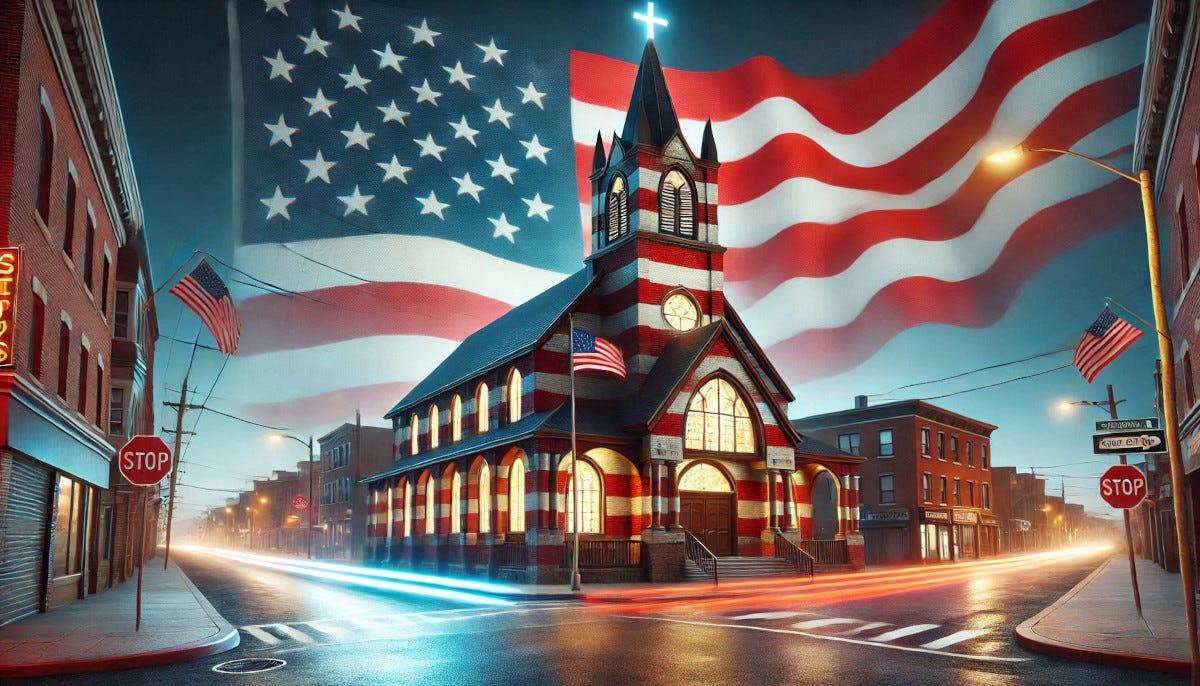Influence of faith on presidential politics dominated religion news in 2024
Evangelicals remained loyal to Trump despite adverse jury determinations
Donald Trump all but abandoned his opposition to abortion during this year’s presidential campaign, but that appeared to make no difference to white evangelicals, who continued to give him their overwhelming support despite his legal woes that included jury findings that he had sexually abused a woman and had committ…



